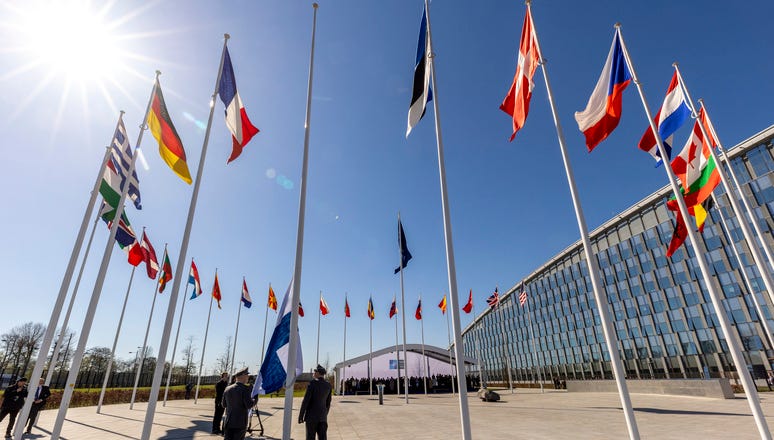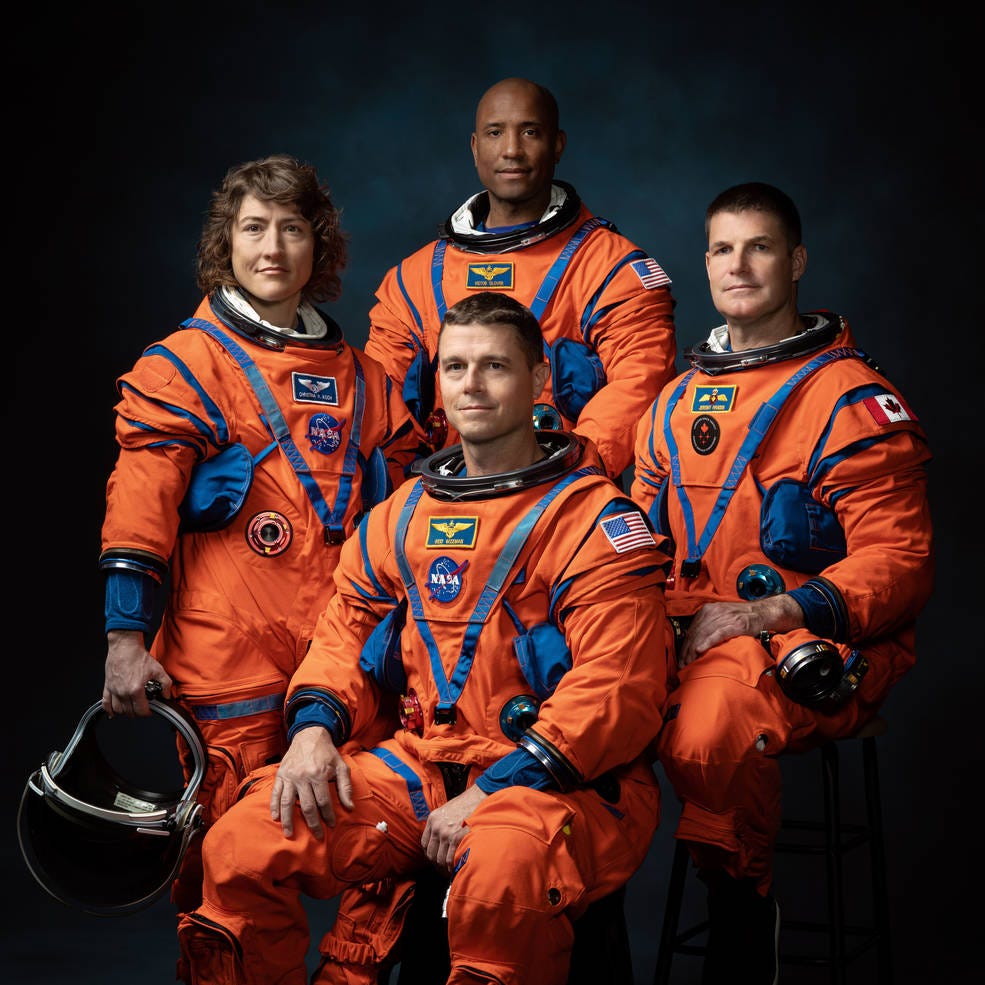TL(PM) DIGEST: Medicaid on the chopping block for millions of Americans
Plus Finland officially joins NATO, how Trump's indictment affects the Republican presidential race, and tech financiers pull back from China

1. Millions of low-income Americans are about to lose Medicaid
What happened? In the interest of public health and individual well-being during the COVID-19 pandemic, states suspended the usual process of verifying whether low-income, disabled, and other citizens are eligible for Medicaid—the national health insurance program jointly run by the states and the federal government. On April 1, states began notifying recipients of renewed verification processes that could lead to millions of people losing coverage.
Why does it matter? Along with the Children’s Health Insurance Plan, Medicaid provides health coverage for nearly 73 million Americans—the single largest source of health insurance for Americans. Individual states have different levels of documentation requirements for eligibility, and complex rules for whether family members count for coverage. What should people do if they lose coverage? According to The New York Times:
If you are no longer eligible for Medicaid, your best bet is to seek out subsidized insurance by going to the online Affordable Care Act marketplaces either operated by your state or available at HealthCare.gov. The American Rescue Plan expanded insurance subsidies, so people who lose access to Medicaid may still be able to find an affordable plan...But some people in the 10 states that have not previously expanded Medicaid will be left in a coverage gap…not eligible for subsidized insurance but also unable to qualify for Medicaid.
TLP’s take: Health care is a basic human right. The bureaucratic hurdles to getting Medicaid are already too onerous—particularly for people in high-stress and precarious economic situations. Federal and state governments should make it as pain-free as possible for low-income and disabled people to retain their coverage, and Congress should pass legislation to simplify enrollment and ensure that all people who need health care are able to access it.
2. Finland officially joins NATO today
What happened? Finland formally became the thirty-first member of NATO today, completing an accession process delayed for months by the refusal of the Hungarian and Turkish governments to ratify Helsinki’s bid for membership. Both governments continue to hold out against Sweden’s NATO membership request and appear unlikely to move it forward until after the upcoming Turkish presidential and parliamentary elections on May 14.
Why does it matter? Along with Sweden, Finland abandoned its long-standing policy of geopolitical non-alignment to request membership in NATO in the wake of Russia’s February 2022 invasion of Ukraine. Finland and its 800-mile border with Russia receives the protection of NATO membership, while Finland contributes a highly capable military to the alliance.
TLP’s take: Finland’s NATO membership strengthens America’s own security and geopolitical position by allying the United States with a fellow democracy that itself brings a lot to the table. It’s a geopolitical defeat for Russia as well, one that gives the lie to claims by the Kremlin and some Western analysts that NATO expansion gave Moscow no choice but to brutally invade Ukraine.
3. Trump’s indictment has enhanced his standing with Republican voters
What happened? Former President Donald Trump went to a New York court today for arraignment on charges related to a 2016 hush-money payout, and his standing with potential Republican primary voters has only improved. New Reuters/Ipsos post-indictment polling shows than nearly half of Republicans (48 percent) want Trump to be the party’s presidential nominee—up a bit from 44 percent earlier in March.
Why does it matter? Although more than 7 in 10 Americans say the charges against Trump for illegally paying porn-star Stormy Daniels to cover up an affair are believable, 80 percent of Republicans say the charges are politically motivated.
TLP’s take: As long as Republican primary voters feel that the former president is facing undue political attacks from opponents, his standing as the party grandee will remain intact. The longer the Trump show goes on, the harder it will be for other Republican candidates to get a hearing from primary voters. Although Trump’s legal fate hangs in limbo, his political standing appears to be solidifying early in the nomination process—at least among Republicans.
4. U.S. tech financiers backing away from China
What happened? American tech-focused venture capitalists have been quietly removing their funds from and exposure in China over the past several years, according to a new column in Foreign Policy. The value of deals between U.S financiers and Chinese tech firms dropped from $35.6 billion in 2018 to just $7.2 billion in 2022, with the overall number of deals made falling to their lowest levels since 2017.
Why does it matter? For all the talk among pundits of U.S.-China economic de-coupling as a top-down phenomenon driven primarily by the U.S. government, it’s clear that it’s as much a bottom-up response to Chinese government policies at home and abroad as anything else. Silicon Valley giants like Facebook no longer feel it’s in their interests to suck up to Chinese dictator Xi Jinping the way they did in the mid-2010s, and indeed have reportedly led the pushback against Chinese government-linked tech companies like TikTok.
TLP’s take: Decisions by U.S. corporations to reduce their investments in China and, by extension, lessen the need to accede to the demands of the Chinese Communist Party are positive if incomplete moves—after all, Apple CEO Tim Cook recently attended Chinese government-organized confabs in Beijing. But it does seem that economic “de-coupling” or “de-risking” between the United States and China has a momentum of its own independent of anything policymakers in Beijing, Brussels, or Washington do.
Just one more thing…
NASA announced the crew of the Artemis II mission yesterday—veteran American astronauts Reid Wiseman, Victor Glover, and Christina Koch along with rookie Canadian astronaut Jeremy Hansen will become the first humans to travel to the Moon in more than fifty years when the mission launches in late 2024.






